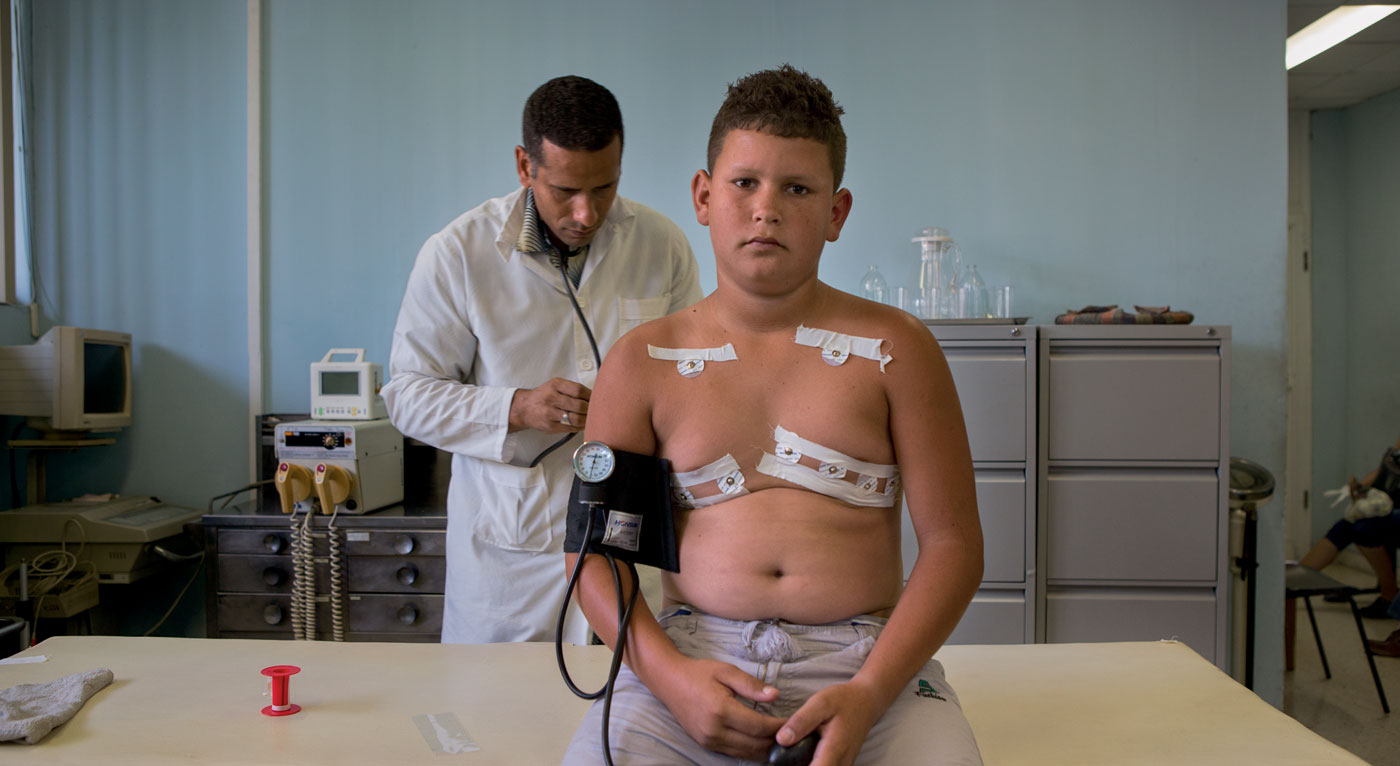Let’s Open the Door to Cuba and Its Promising Diabetes Treatments
Resource type: News
San Francisco Chronicle | [ View Original Source (opens in new window) ]

By Gail A. Reed
The debates about what constitutes a real relationship with Cuba continue on the eve of President Obama’s trip Sunday. Should the embargo be lifted? Should the U.S. close its base at Guantanamo? How should human rights be addressed?
For some, these are simple questions with simple answers, but the truth is there is no consensus in the United States about moving forward. So, here’s an idea: While those policies are hashed out, let’s go for a win for all sides — establishing cooperation in health so that life-saving innovations in each country are made available to the other.
Embargo’s destructiveness
President Obama can return from Cuba with a present for diabetics, cancer patients and their doctors — all with a few signatures on executive orders. He can bring us the opportunity to test for ourselves vital Cuban medicines held hostage to political wrangling, including a promising treatment for diabetic foot ulcers that helps stave off amputation and a therapeutic lung cancer vaccine that prolongs life.
Over the past year alone, U.S. biotech firms and research centers have streamed through Havana, keen to team up with Cuban colleagues to generate and test breakthroughs in disease prevention and treatment like these.
But then they hit a dead end or are asphyxiated by endless red tape: the embargo on Cuba.
When it comes to innovations from Cuba, it turns out that the same agency that collects your taxes, the Department of the Treasury, has the authority to decide what medicines your doctor eventually can prescribe for you.
Currently, every company, research center, project or person must apply for an individual Treasury license for each project (and, often, Commerce Department licenses as well). The process takes months and sometimes even years. With the opening to Cuba, ironically, the applications are piling up higher than ever.
The Cuban biotech industry is now one of the Global South’s “big three,” along with Brazil and India. Its 38 enterprises employ some 22,000 workers, hold 1,793 patents globally and export to more than 30 countries.
In the last year, Cuban biotech products, such as the CimaVax therapeutic lung cancer vaccine and the diabetic foot ulcer medication Heberprot-P, have produced headlines. Studies with Heberprot have shown it to reduce relative amputation risk by an impressive 70 percent. More than 70,000 American diabetics lose a foot or a leg annually; half of diabetic foot ulcer amputees in our country will die within five years of losing their limbs.
Obama should take action
But Heberprot-P got caught in a licensing catch-22, with Treasury approving large clinical trials in the United States but refusing to say whether the medication could be marketed if the Food and Drug Administration approved it. Naturally, the multimillion-dollar trials here stalled and the company’s investment remains uncertain.
CimaVax has met a somewhat better fate, with Roswell Park Cancer Institute in Buffalo, N.Y., receiving an initial green light for earlier stage, less expensive trials. But their researchers will eventually hit the same wall.
In these cases, President Obama has the authority to change the rules — immediately — through an executive order. And that’s exactly what he should do: Swiftly lift restrictions on our access to innovations and partnerships that could save lives.
Such an extension of his policy opening — and his presidential legacy — is a win-win for everyone in both countries
Gail A. Reed is co-founder of the Oakland nonprofit Medical Education Cooperation with Cuba (MEDICC) and executive editor of its peer-reviewed journal MEDICC Review.
MEDICC is an Atlantic grantee. This article was posted with permission from the San Francisco Chronicle.